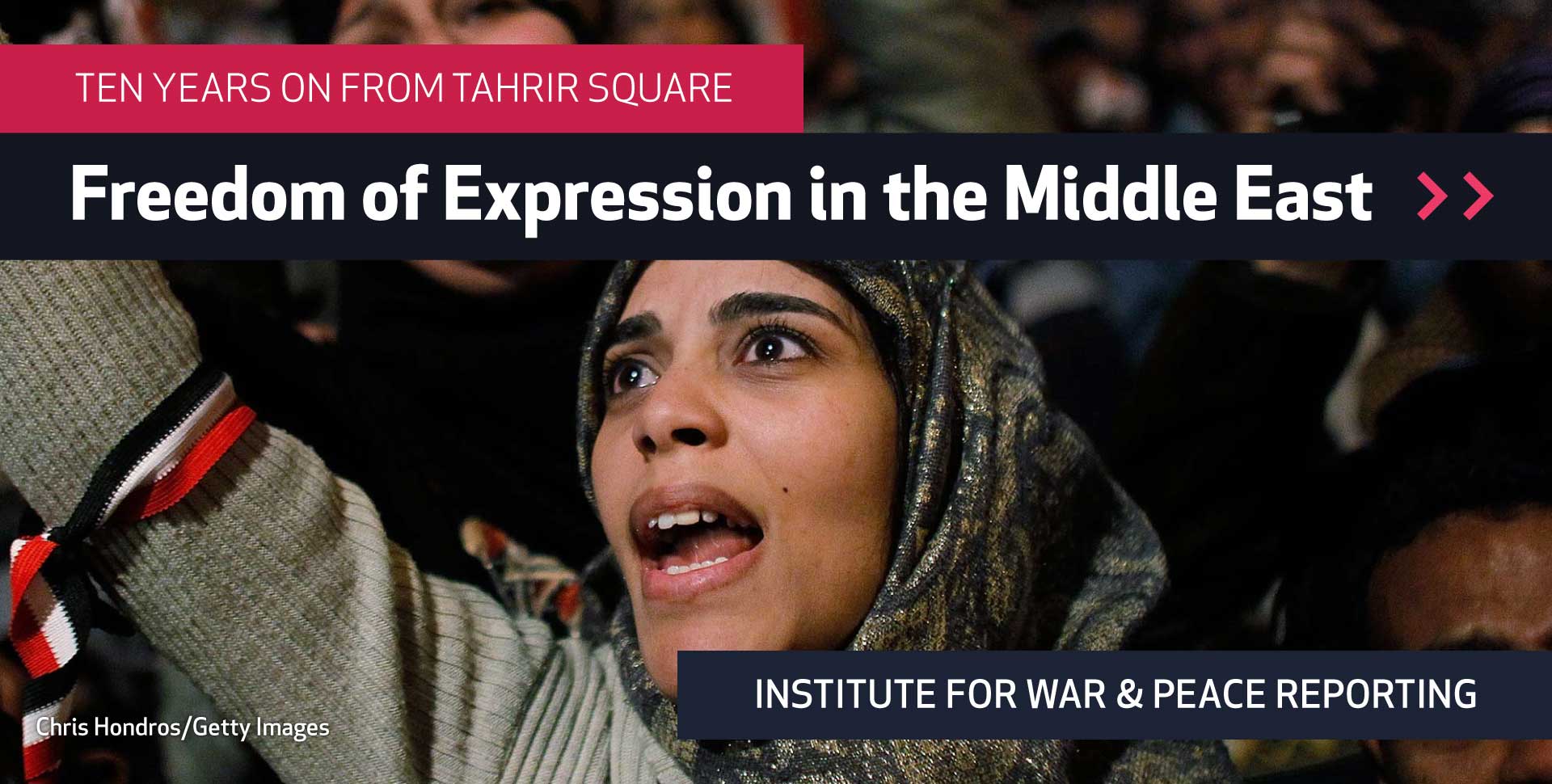More Than Ever, Lebanon Needs Media Freedom
How can we recover from our crisis and rebuild our country if we cannot speak out?
Lebanon has been boiling for many years. The country is now facing the worst crisis since the civil war that gripped us from 1975 to 1990. The socio-economic and political situation has deteriorated; the economy is now collapsing and poverty is rising. The influx of some 1.5 million Syrian refugees, nearly a quarter of the country’s entire population, put immense pressure on an already crumbling system.
We are unable to withdraw our own money from the banks; our national currency has devalued by more than 80 per cent, price rates are skyrocketing and hyperinflation rules. Life has just become unbearable. Whether you have money or not, what you really have is anger, frustration and despair.
Without freedom of expression, I really fear for our future. As Lebanon suffers, journalists must be supported to play their crucial role in speaking truth to power.
People are now living under one of the world’s strictest lockdowns after a decision to ease coronavirus restrictions over Christmas and New Year led to a surge in infections. The health system is nonetheless currently overwhelmed by the crisis – and quarantine measures are further increasing the dire economic situation. In Lebanon’s second city Tripoli, hundreds have been injured and one person killed in angry protests over the dire social situation.
Over a year ago, Tripoli was also at the forefront of the outpouring of public fury. Tens of thousands of people took to the streets in response to the government announcement of a range of new taxes in a movement that spread far beyond Beirut and transcended any sectarian boundaries.
Peaceful protesters demanded real change: an end to corruption and impunity, and for their social and economic rights to be respected. They were met with violence, including soldiers using live fire on unarmed demonstrators. Undeterred, the protests continued, even after the pandemic hit. Then came the devastating explosion of Beirut port on August 4, which left more than 200 people dead, 6,000 injured and 300,000 homeless. And on February 4, writer, director and political activist Lokman Slim was assassinated, in another brutal example of those who voice dissenting views risk becoming victims of violence.
But despite some cosmetic political resignations, there has been no real change in our country.
In 2011, I gathered a group of young journalists and two years later founded the Media Association for Peace (MAP). Our Lebanon-based organisation advances the role of the media in peace and human rights through advocating for and training young journalists on peace journalism.
This work is now more important than ever; how Lebanon can truly rise from the ashes and rebuild its destroyed glory if journalists and citizens are not allowed to hold those who pushed the country to the brink to account?
But this is a time of huge peril for the media in Lebanon. In only one year, physical attacks on journalists have increased twelve-fold. In 2019 there were 15 assaults, compared to 175 assaults in 2020. Legitimate criticism of politicians or religious figures can be met with harassment and even legal proceedings.
Growing up, I was always proud to be from a country long seen as a beacon of freedom in the Middle East. Now, even the rights and freedoms that we always had and took for granted are threatened on a daily basis. We feel a sense of hurt and helplessness. Our country is bleeding. What can we do?
The attention of the international community focuses mostly on recovery and reconstruction in the post-blast Lebanon. But freedom of expression is just as important. How can we recover from our crisis and rebuild our country if we cannot speak freely?
Without freedom of expression, I really fear for our future. As Lebanon suffers, journalists must be supported to play their crucial role in speaking truth to power.
Vanessa Bassil is the founder and president of the Media Association for Peace (MAP). She is a Lebanese journalist, peace activist, human rights defender and freedom of expression advocate.

